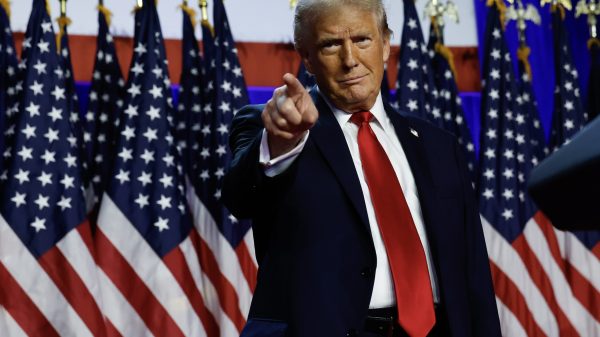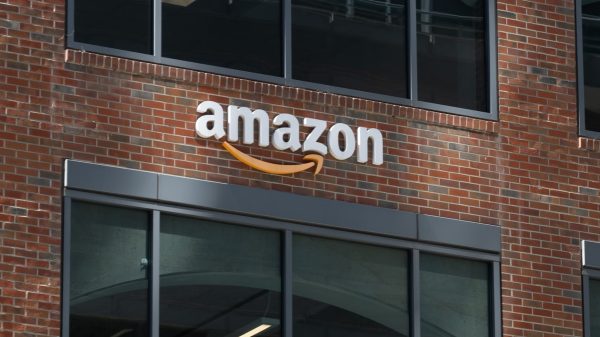Several major brands, including Harley Davidson, Lowe’s, John Deere, and Molson Coors, are scaling back their diversity, equity, and inclusion (DE&I) initiatives. These companies are removing diversity quotas, eliminating required training, dismantling DE&I executive roles, and cutting ties with advocacy groups such as the Human Rights Campaign.
This retreat comes in the wake of boycotts against “woke” marketing and pressure from conservative activist investors, like Robby Starbuck, amid softer consumer spending and declining earnings. Industry analysts suggest that these moves are a shortsighted response to current economic pressures and could hurt these brands in the long run.
The motivations behind this shift include a focus on improving financial performance. For instance, Molson Coors plans to align executive incentives solely with business performance, abandoning aspirational diversity goals.

John Deere
Other companies, like Lowe’s and John Deere, are citing recent Supreme Court decisions and a desire to avoid socially motivated messages as reasons for their pullback. This shift is seen as an attempt to align with conservative values and manage economic challenges, with some companies using these factors as justifications for scaling back their DE&I efforts.
Audrey Chee-Read from Forrester notes that the current political climate and economic concerns are influencing companies to reconsider their DE&I commitments. The ongoing debate over social issues such as affirmative action and reproductive rights has created an environment where conservative activists are pressing companies to withdraw from their DE&I initiatives.
This situation, combined with concerns about consumer spending and financial performance, is leading brands to use economic challenges as a rationale for their retreat from inclusion efforts.
Analysts warn that moving away from DE&I could have adverse effects on long-term growth. According to a study by the Association of National Advertisers’ Alliance for Inclusive & Multicultural Marketing (ANA’s AIMM), a significant percentage of consumers—77%—would either stop buying from or shift their loyalty to brands that support their values.
Furthermore, 76% of consumers would only consider returning to a brand if it changes its practices. This indicates that DE&I is not only a matter of social responsibility but also a key factor in maintaining consumer loyalty and brand success.
Danisha Lomax from Digitas highlights that inclusivity is especially important for appealing to younger consumers, such as Gen Z and millennials. These groups are more likely to support brands that demonstrate cultural representation and commitment to diverse communities.
Brands that are perceived as inclusive are likely to attract and retain the loyalty and spending of these demographics. It’s crucial for companies to communicate the importance of DE&I to their executives and investors to prevent potential damage to their brand reputation and sales.
Beyond consumer perception, a reduction in DE&I efforts can impact a company’s internal culture and ability to retain talent. Employees often view a company’s commitment to DE&I as indicative of its overall values, and scaling back these efforts could negatively affect employee morale and hinder talent acquisition.
Marianne Waite of Interbrand suggests that companies that integrate DE&I into their core business strategy achieve higher revenue and better market performance. To avoid long-term harm, brands need to carefully consider the broader implications of their DE&I strategies and maintain a balanced approach.









































